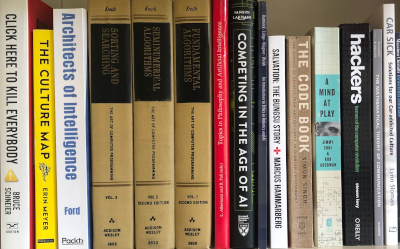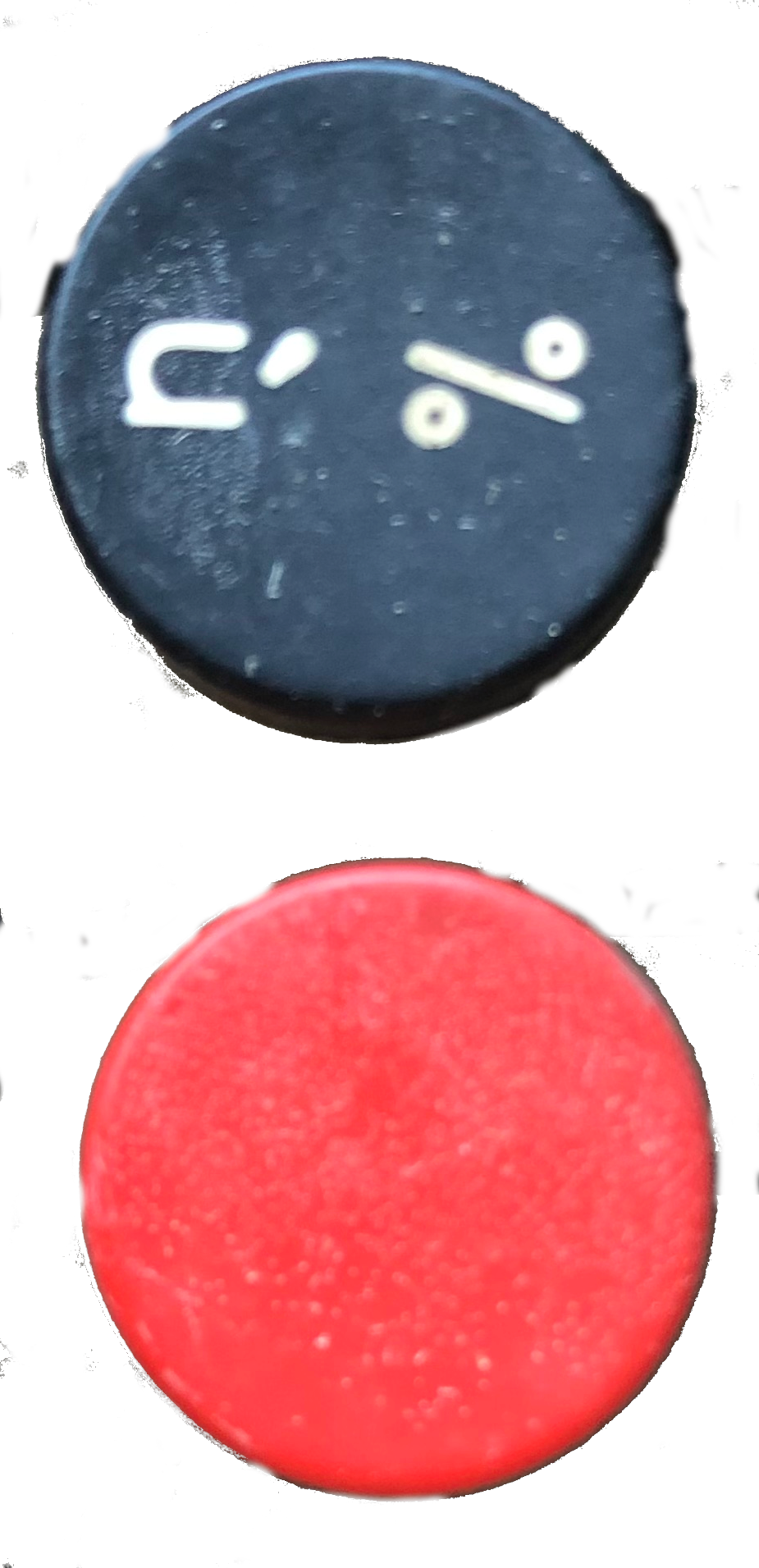Suggested readings week 1/2023

A worrying breakthrough in crytpology with a lot of mathematics
Long story short: factoring a number under specific conditions (or: finding the (only) two prime numbers who's product results in a given very high number) is one of the fundamental mathematical processes that need to stay very difficult and time consuming in orded for the crypto algorithms in use today to be secure.
We already know the so called Shor’s algorithm that's able to factor using a big quantum computer very fast. The big quantum part here (meaning millions of qbits, the measure of quantum computers complexity) keeps Shor something to be looked after with a time span of several years ahead. That's why the National Institute of Standards and Technology (NIST) in United States recently selected and started recommending a group of novel crypto algorithms to be used for secure signature and general encryption on new implementations, that are fast and based on a mathematical problems called structure lattice. This is totally unrelated to factoring numbers and proves to be robust against big quantum computers of the future.
But now a group of reserachers from China claims being able to factor big numbers with a quantum computer of only 372 qbits: the IBM Osprey is now available with 433 qbits, for example. To be honest: this is theory only as the Chinese group didn’t have that quantum computer to work with, and a doubt might arise from the fact that the Chinese government didn’t classify this research.
But still researchers are taking a serious look at this paper, as it might mean having months instead of years before the crypto algorithm in use today become generally unsecure.
https://arxiv.org/pdf/2212.12372.pdf?utm_source=pocket_saves
Artificial Intelligence helps designing Artificial Proteins
Predicting protein shapes using Artificial Intelligence used to be the next breakthrough. Today we can work this out and we want to design proteins with a scope from scratch.
In other words we start from a task (like fighting a desease or modifying an existing material), we list the properties of a useful protein for the task, and we ask an algorithm to design the process for building the right protein.
This will break a lot of records in biotechnology and requires a huge amount of software specialists with a passion for life sciences.
Controversial Auto Tune
One of the 50 worst inventions of the 20th century
Time Magazine didn't like the invention of auto-tune, a pitch correction software algorithm which calibrates out-of-tune vocals and instruments. Perfecting voice and difficult to play instruments has always been a dream for professionals, that eventually came true when Andy Hildebrand, after years of rigorous study, statistical computation created the algorithm for achieving this magic.
It's an incredibly complex product that changed the economics of the recording industry and Hildebrand's life, previously into oil extraction. And of course it still raises questions about comparing music before and after the correction, and what real music is.
Today no classical or modern music gets out of a recording studio before passing through an Auto-Tune algorithm saving a number of expensive trial and errors.
https://priceonomics.com/the-inventor-of-auto-tune/?utm_source=pocket_reader
Efficient energy conversion
Protecting our environment requires (among a lot of other things) everyone using less energy, and researchers being funded by governments and companies while looking for more efficient energy conversions.
Good news about energy usage in houses for heating. Not clear if this is really totally new and if cooling is also possible, but thinking out of the box is always a good idea.
